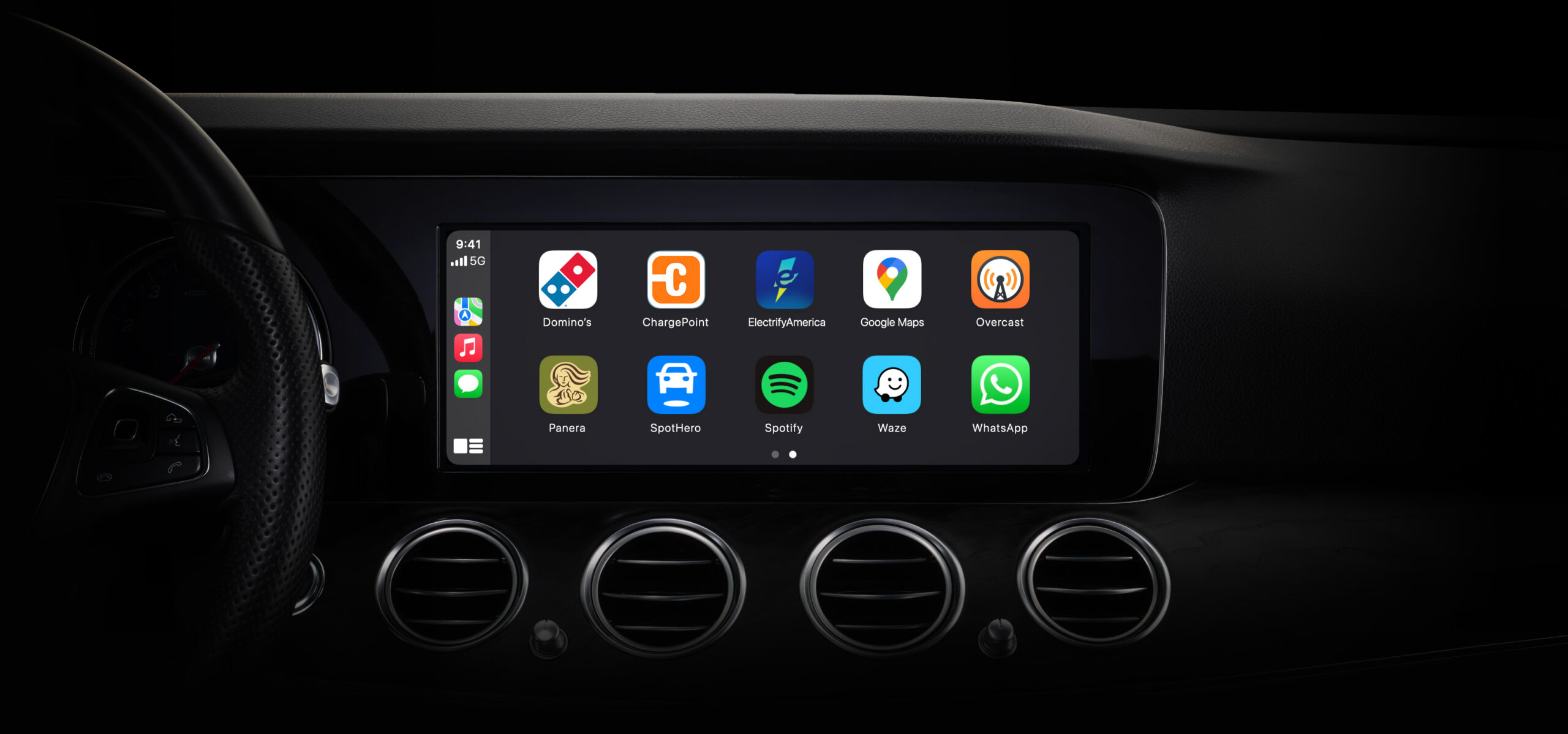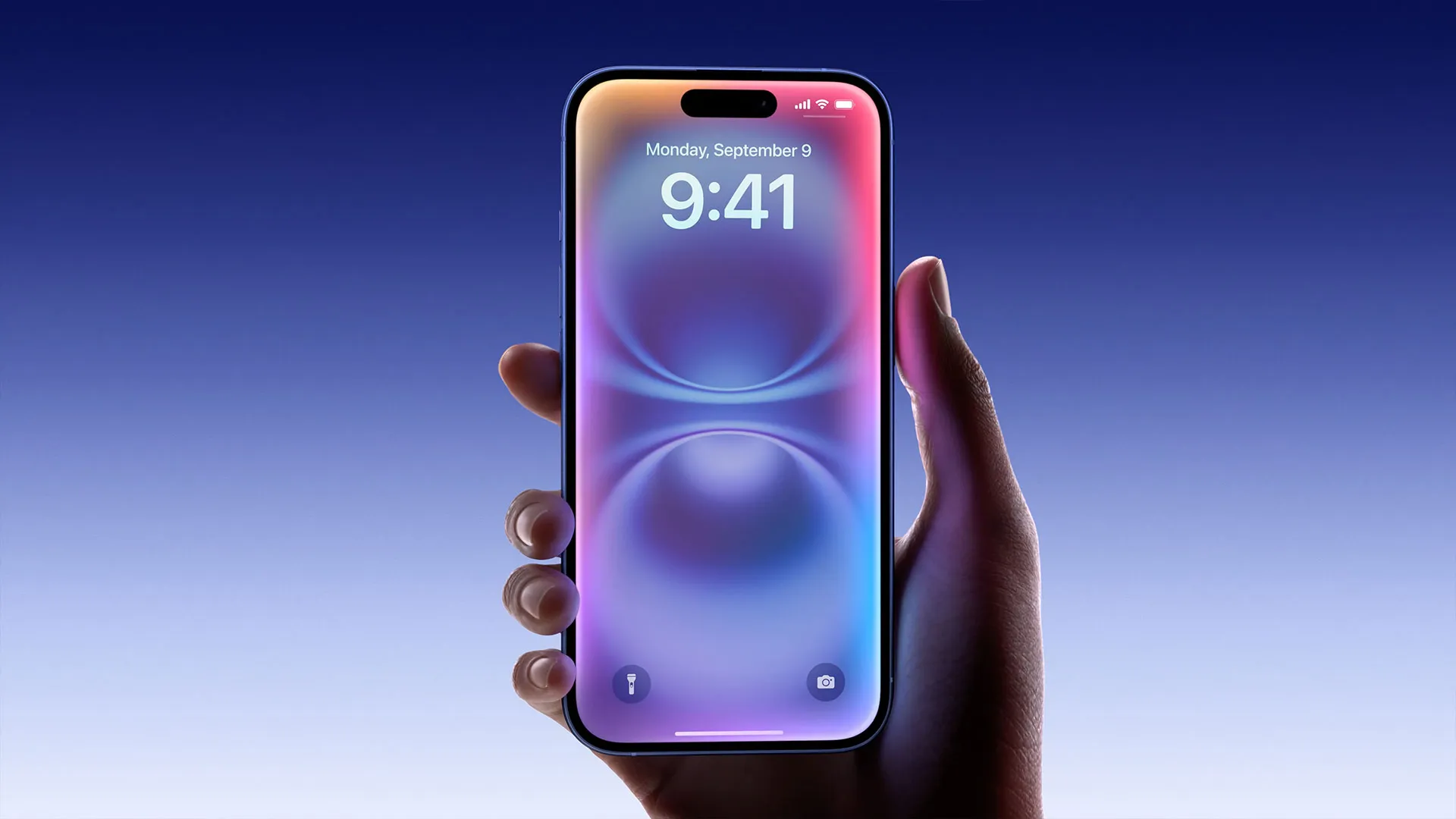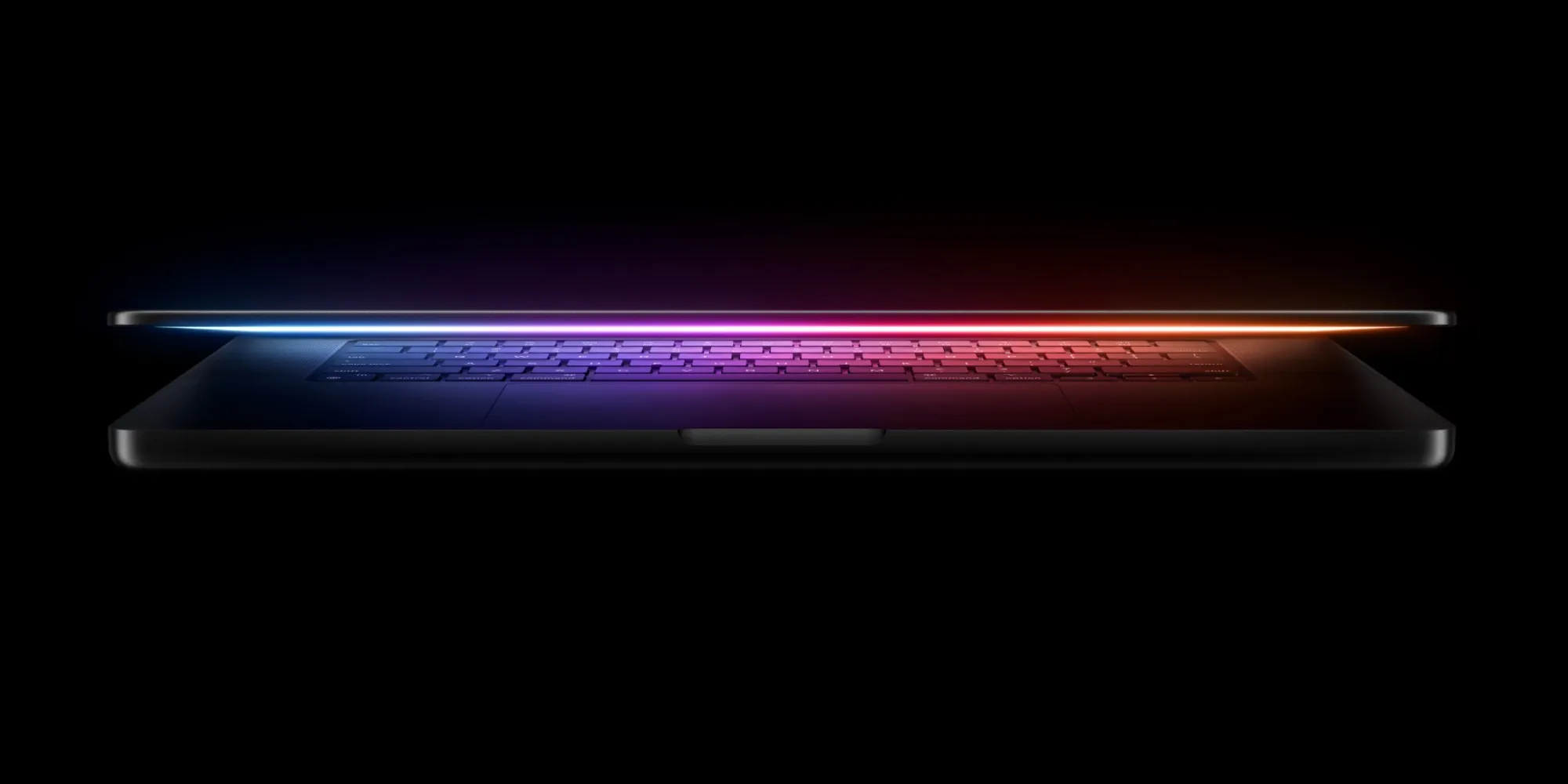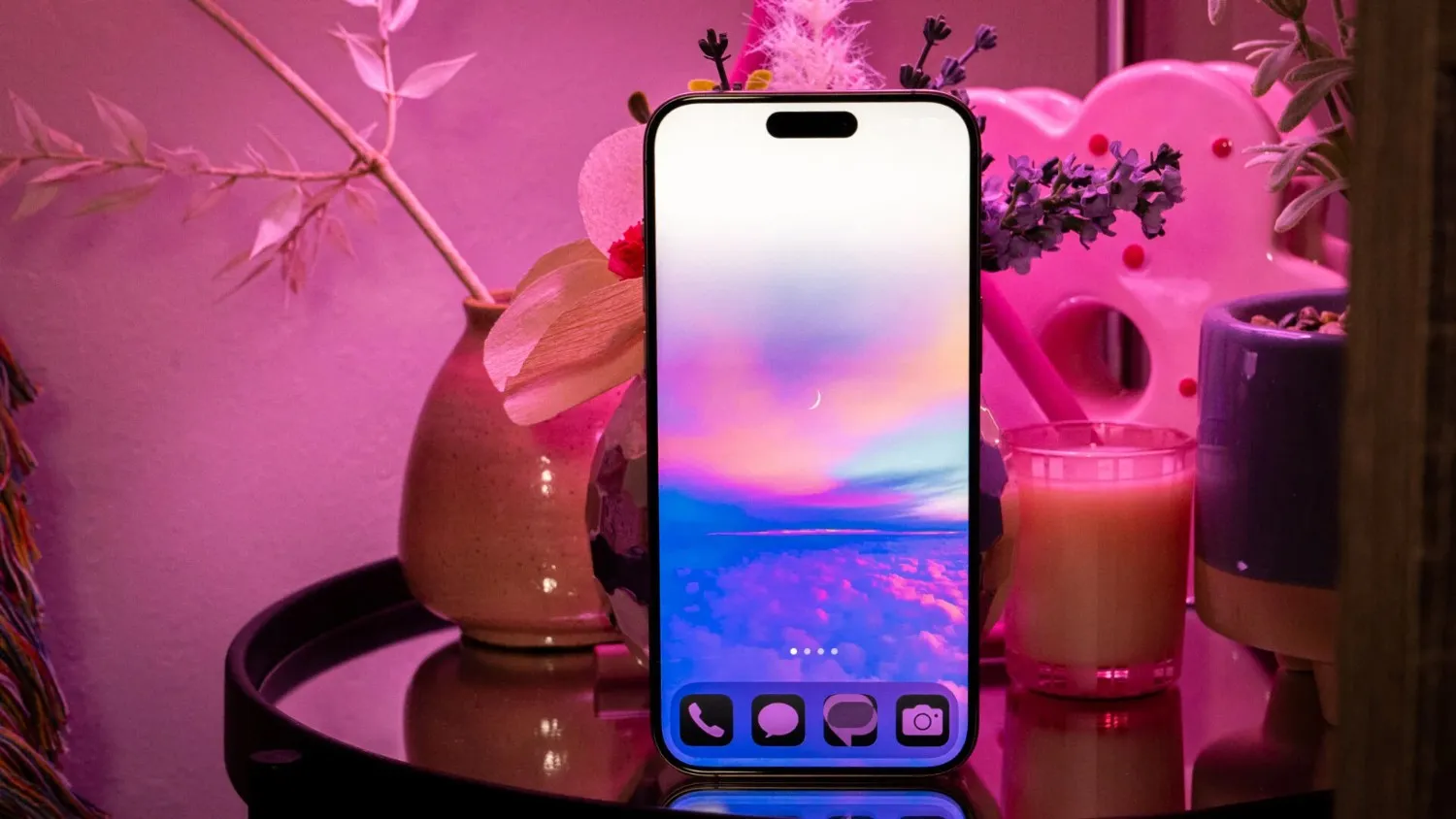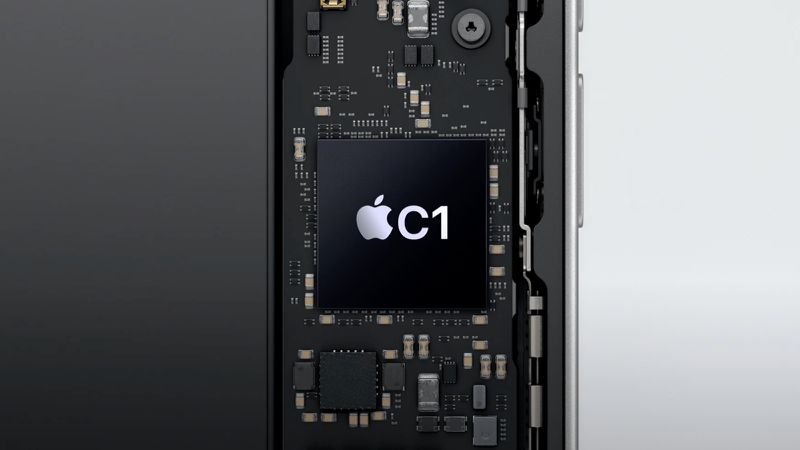Apple has announced two important updates for its users. First, Apple is making it simpler for app developers to offer special codes for any in-app purchase. This means you might soon see more discounts and free trials for things like game upgrades, extra features, or subscriptions inside your favorite apps.
Before, these offer codes were only available for subscriptions, but now developers can use them for all types of in-app purchases. You’ll be able to use these codes by entering them in the App Store or directly inside the app. This change could help users save money and try new features more easily.
The second update is about a repair program for the 2023 Mac mini. Apple found that some Mac mini models made in 2023 might have a problem where they don’t turn on after shutting down. To fix this, Apple has started a repair program.
If you own a 2023 Mac mini and have this issue, you can get it fixed for free at an Apple Store or an authorized repair center. This program covers affected devices for up to three years after the first purchase. It’s a good way for Apple to make sure customers aren’t left with broken devices.
With these changes, Apple is making it easier for users to get more value from their apps and to keep their devices working smoothly.

